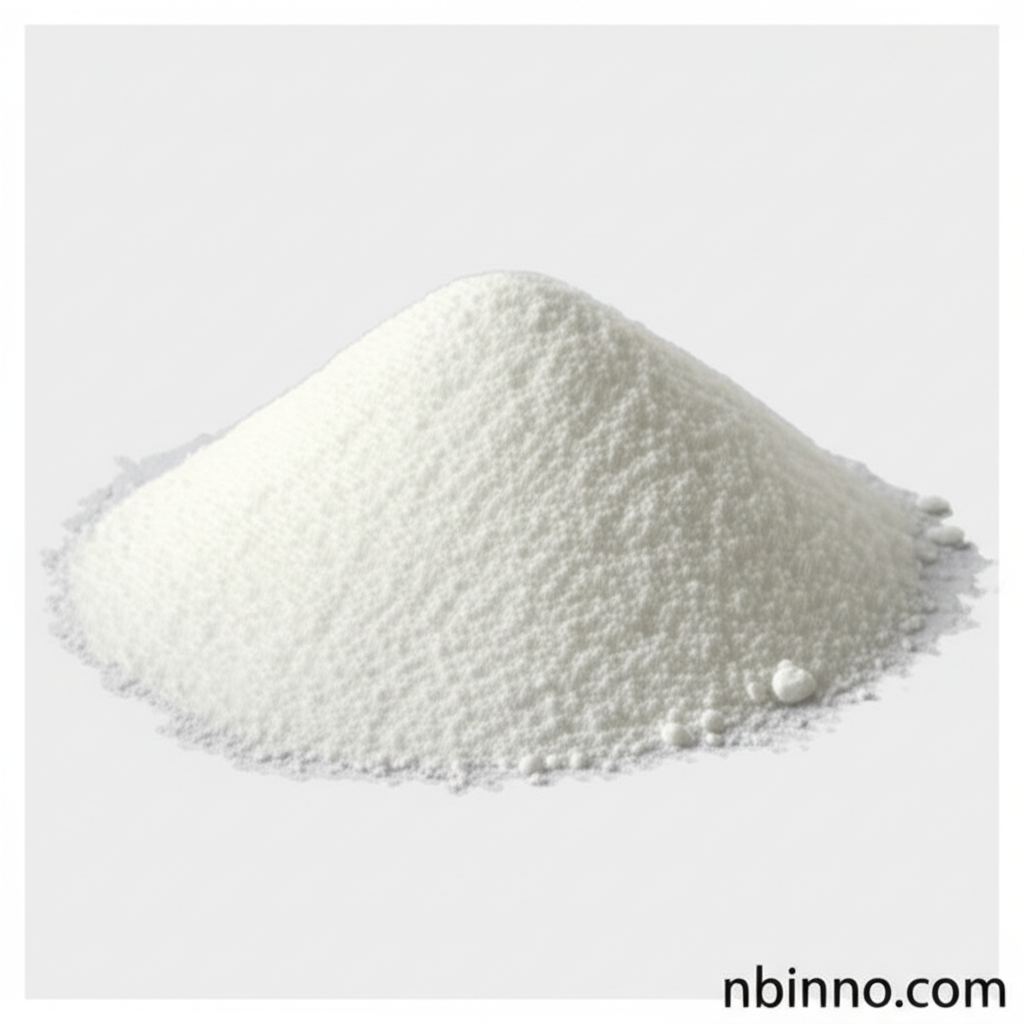1,3-Bis(dicyclohexylphosphino)propane Bis(tetrafluoroborate) for Advanced Catalysis
Unlock novel synthetic pathways with our high-purity DCPP, a premier ligand for complex organic transformations.
Get a Quote & SampleProduct Core Value

1,3-Bis(dicyclohexylphosphino)propane Bis(tetrafluoroborate)
This advanced organophosphorus compound serves as a critical ligand in numerous palladium-catalyzed cross-coupling reactions, significantly enhancing reaction efficiency and selectivity. Its robust structure makes it ideal for challenging synthetic routes.
- Facilitates Palladium-Catalyzed Cross-Coupling Reactions: DCPP is a highly effective ligand, crucial for the success of reactions like the Suzuki-Miyaura coupling.
- Key in Organic Synthesis Applications: Its unique properties make it indispensable for complex organic synthesis, including the preparation of silacarboxylic acids.
- CAS 1002345-50-7 Chemical Properties: With a minimum purity of 97%, this compound ensures reliable and reproducible results in sensitive chemical processes.
- High Purity Phosphine Ligand for Cross-Coupling Reactions: DCPP offers exceptional purity, vital for achieving high yields and minimizing side products in critical catalytic steps.
Advantages Offered by the Product
Enhanced Reaction Efficiency
As a premier ligand for palladium catalysis, DCPP significantly boosts the efficiency of cross-coupling reactions, enabling faster and more complete transformations.
Broad Synthetic Utility
Its application extends across a wide range of organic synthesis methodologies, including but not limited to the Buchwald-Hartwig coupling, making it a versatile tool for chemists.
Guaranteed Purity and Quality
The commitment to high purity ensures that 1,3-Bis(dicyclohexylphosphino)propane Bis(tetrafluoroborate) meets stringent research and industrial standards for reliable catalytic performance.
Key Applications
Palladium Catalysis
As a ligand, it plays a crucial role in palladium-catalyzed reactions, optimizing the performance of catalysts in various synthetic procedures.
Organic Synthesis
Essential for advanced organic synthesis, enabling the creation of complex molecules and intermediates with high precision.
Ligand Design
Its structure makes it a valuable component in the design and development of new catalytic systems and ligands for specific chemical transformations.
Materials Science
Potential applications in materials science where precisely controlled catalytic reactions are required for the synthesis of novel materials.
